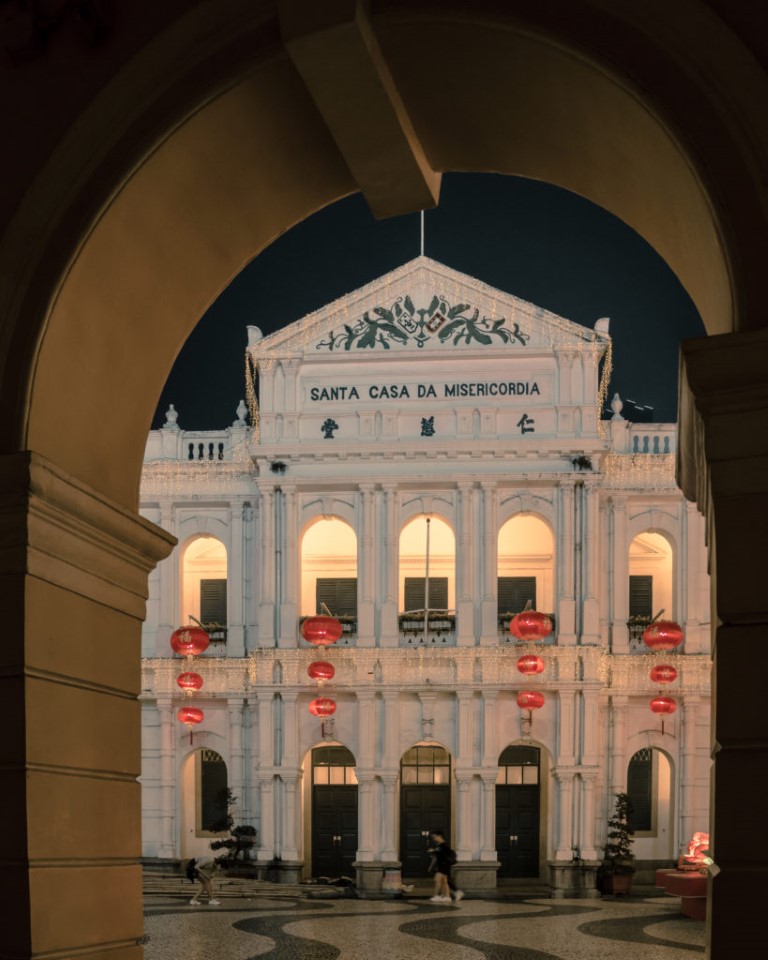– Marco Carvalho
The president of the International Confederation of Mercies, Manuel de Lemos, has reiterated on Tuesday, on the closing session of the International Congress of the Houses of Mercy, “the institutional availability” of the organization to be the “social arm” of the “Belt and Road” initiative.
At the beginning of the week, Macau received more than two hundred representatives of many Houses of Mercy from countries such as Portugal, Brazil, São Tome and Príncipe, Italy, France or Mozambique. The 12th edition of the International Congress of the Houses of Mercy – the first of the kind organized in Asia – was the highlight of the 450th anniversary celebrations of Macau’s very own House of Mercy.
More than celebrating the past, the president of the International Confederation of Mercies maintained that, by carrying out its Congress in the Special Administrative Region, the Confederation was keen on opening the doors to a promising future: “Macao could and should – because it has the capacity and knows how to do it – to be the dynamo of this movement in this region of the world. The Houses of Mercy are willing to contribute in the social area to the New Silk Road that the President of the People’s Republic of China, Xi Jinping, launched, based on what he himself described as a partnership for the future. We wish to state our institutional and personal availability to participate in this partnership,” Mr Manuel de Lemos said in the opening address of the Congress.
The event came to an end on Tuesday, day in which the delegates of the Houses of Mercy that travelled all the way to Macau signed the so-called “Macau Declaration.” The document sets out the guidelines for the Confederation’s plan of action over the next ten years. Gathered for a couple of days in one of Macau’s poshest hotels, the representatives of the Holy Houses of Mercy elected the exaltation of values such as “peace, solidarity and development,” the promotion of new technologies and the digital economy and the rehabilitation of the Mercy Movement in Asia – namely in Malaysia and East-Timor – as the top priorities for the next decade. A challenge that the Holy House of Mercy of Macau, Mr António José de Freitas says, is willing to help to fulfill: “With a more stable situation in East-Timor, I believe the reactivation of the House of Mercy of Díli will have good chances. On our behalf, of the Brotherhood of Macau, we will seriously consider the idea of helping to reactivate this Mercy, which is very close to us in comparison with the others,” the head of the local House of Mercy reveals.
The “Macau Declaration” will be sent to the Secretary-General of the United Nations among others. António Guterres associated himself with the celebrations of the 450th anniversary of the Holy House of Mercy. In a brief video message, the head of the United Nations underlined the spirit of “universal fraternity” inherent to the work the Houses of Mercy develop around the world.


 Follow
Follow


